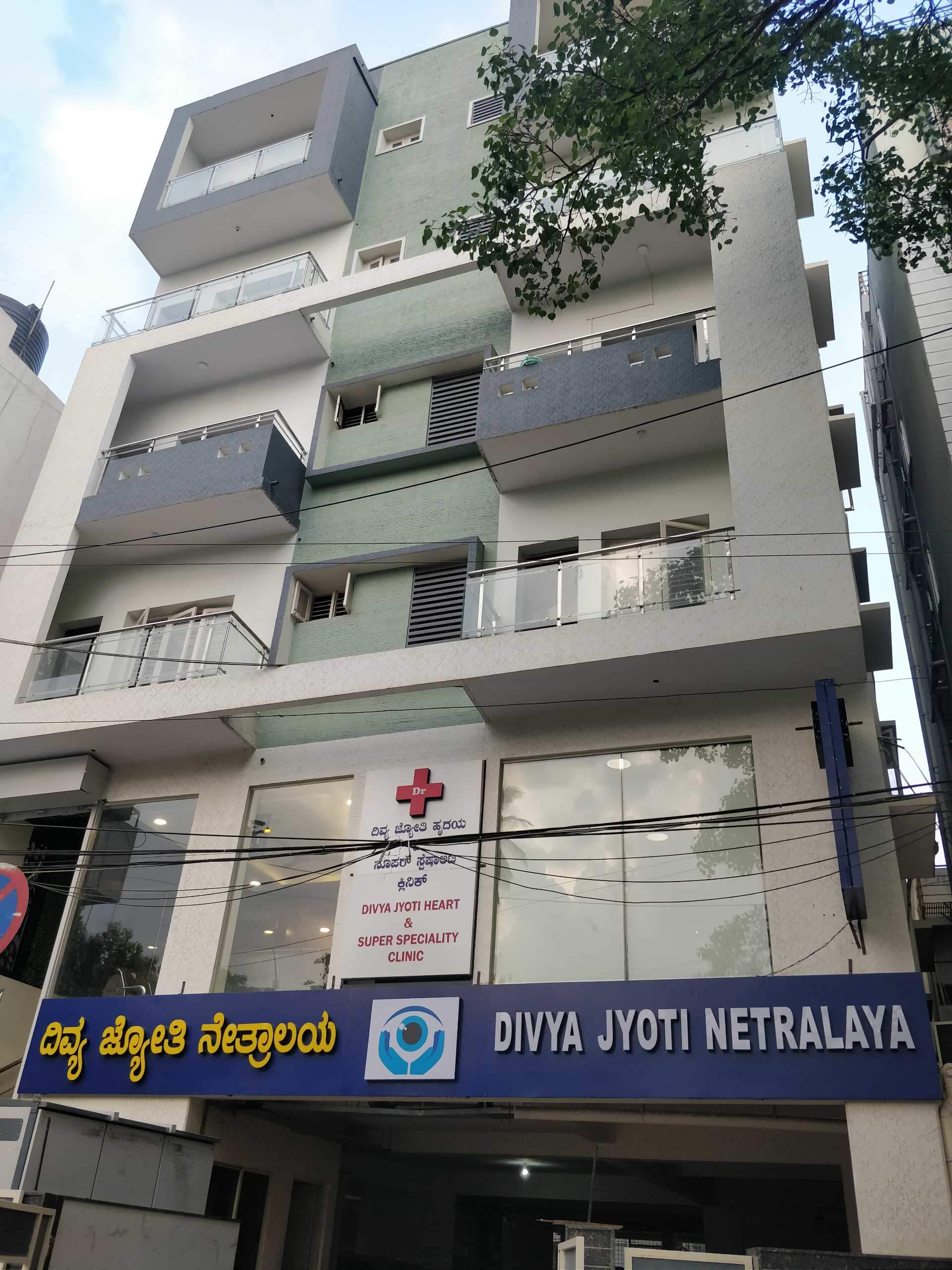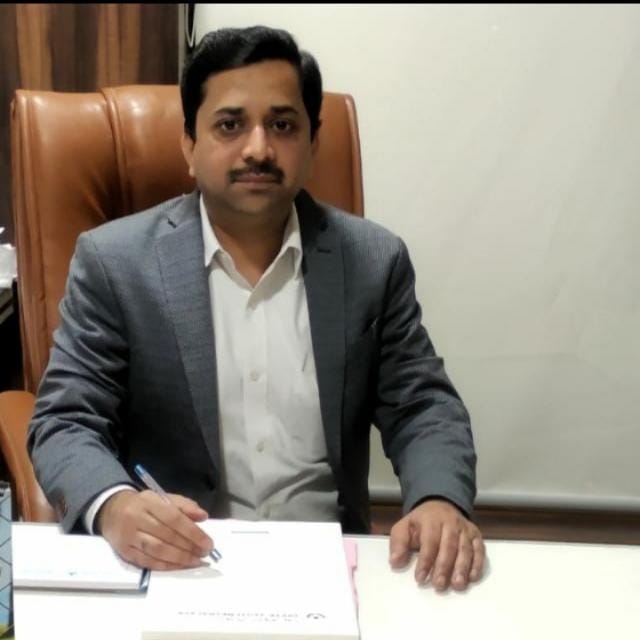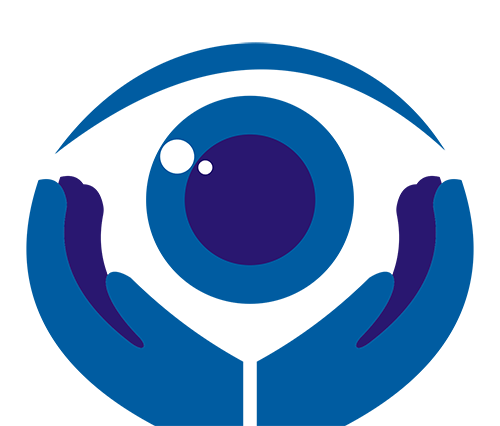Our Services

Outpatient Consultation
Outpatient consultation refers to a medical appointment where a patient visits a healthcare provider for a specific medical concern or issue, but does not require an overnight stay in a hospital or other inpatient facility. Outpatient consultations typically take place in a clinic or other outpatient facility, and can include a variety of different types of medical appointments, such as primary care visits, specialist consultations, diagnostic tests, and follow-up appointments.

Refraction and Spectacle Prescription
Refraction is the process of determining the appropriate lens power needed to correct a person's vision. It is typically done during a comprehensive eye exam, and is used to determine a patient's eyeglass or contact lens prescription. The most common method for measuring refraction is through the use of a device called a phoropter. The phoropter contains a variety of lenses of different powers, which are used to measure the patient's visual acuity.

Cataract Surgery
Cataract surgery is a procedure that involves removing the cloudy natural lens of the eye and replacing it with an artificial lens called an intraocular lens (IOL). Cataracts occur when the natural lens of the eye becomes cloudy, causing blurry vision and other symptoms.

Phaco with Multifocal IOL
Phacoemulsification with multifocal intraocular lens (IOL) is a type of cataract surgery that involves using a small probe to break up and remove the cloudy natural lens of the eye, and replacing it with a multifocal intraocular lens. A multifocal IOL is a type of artificial lens that has multiple focal points, allowing the patient to see clearly at different distances (near, intermediate, and far) after surgery, reducing the need for glasses or contact lenses.

Keratoplasty Surgery
Keratoplasty, also known as corneal transplant surgery, is a procedure that involves replacing a damaged or diseased cornea with a healthy donor cornea. The cornea is the clear, dome-shaped surface of the eye that helps to focus light and is essential for clear vision.
General Questions:


